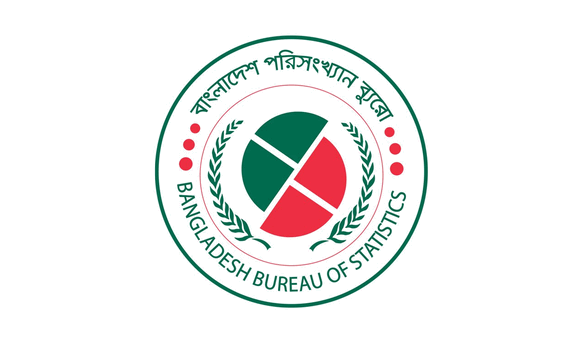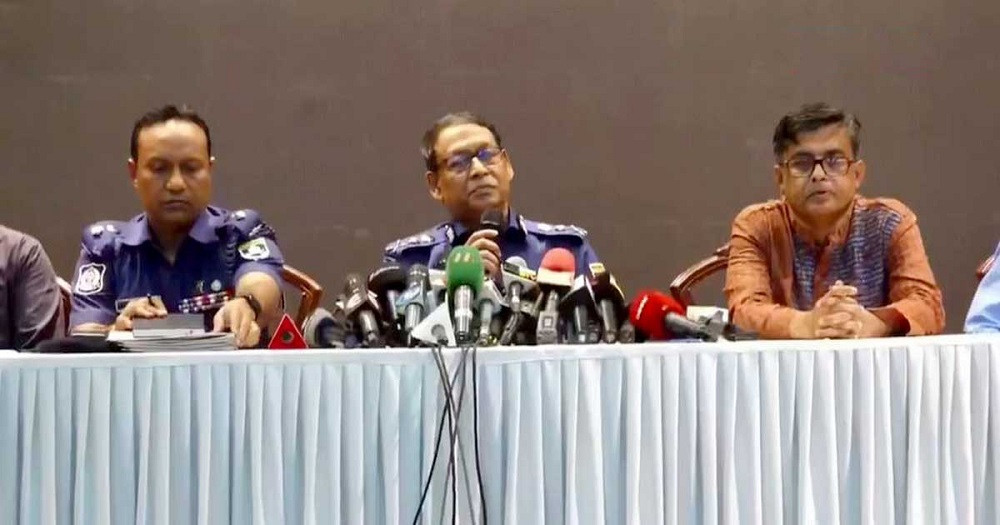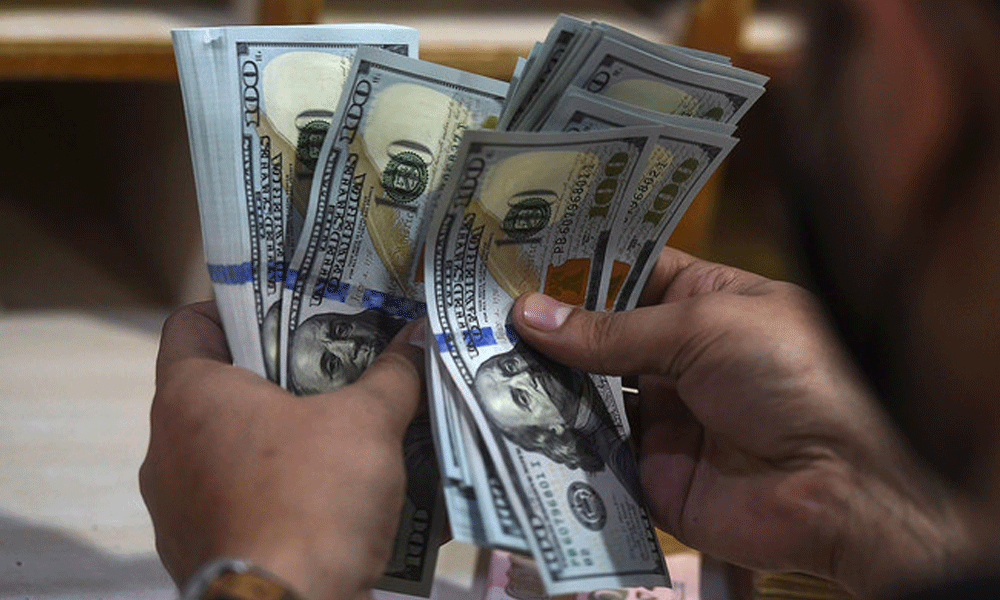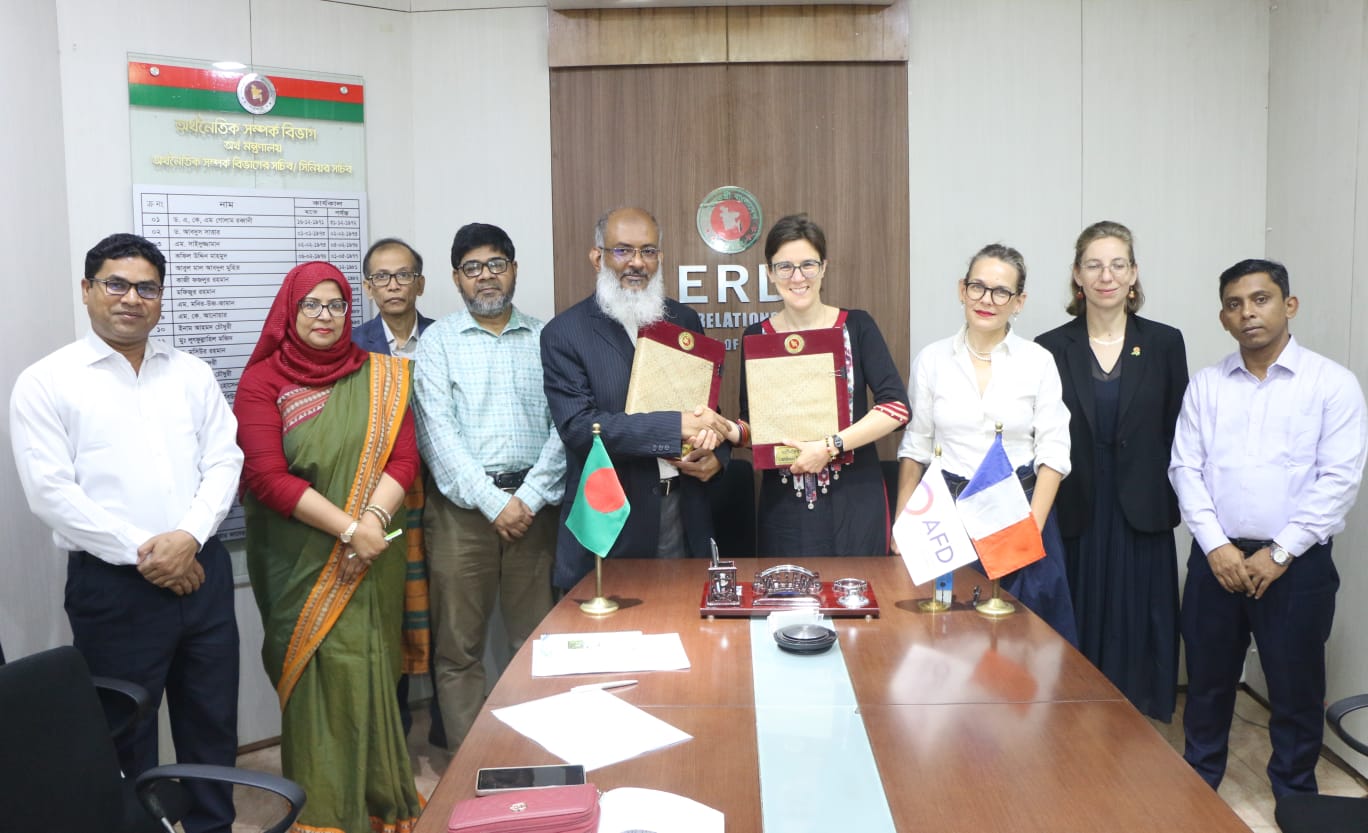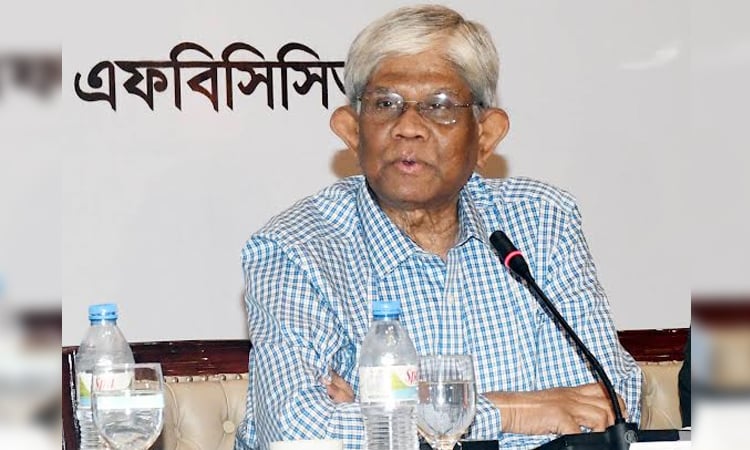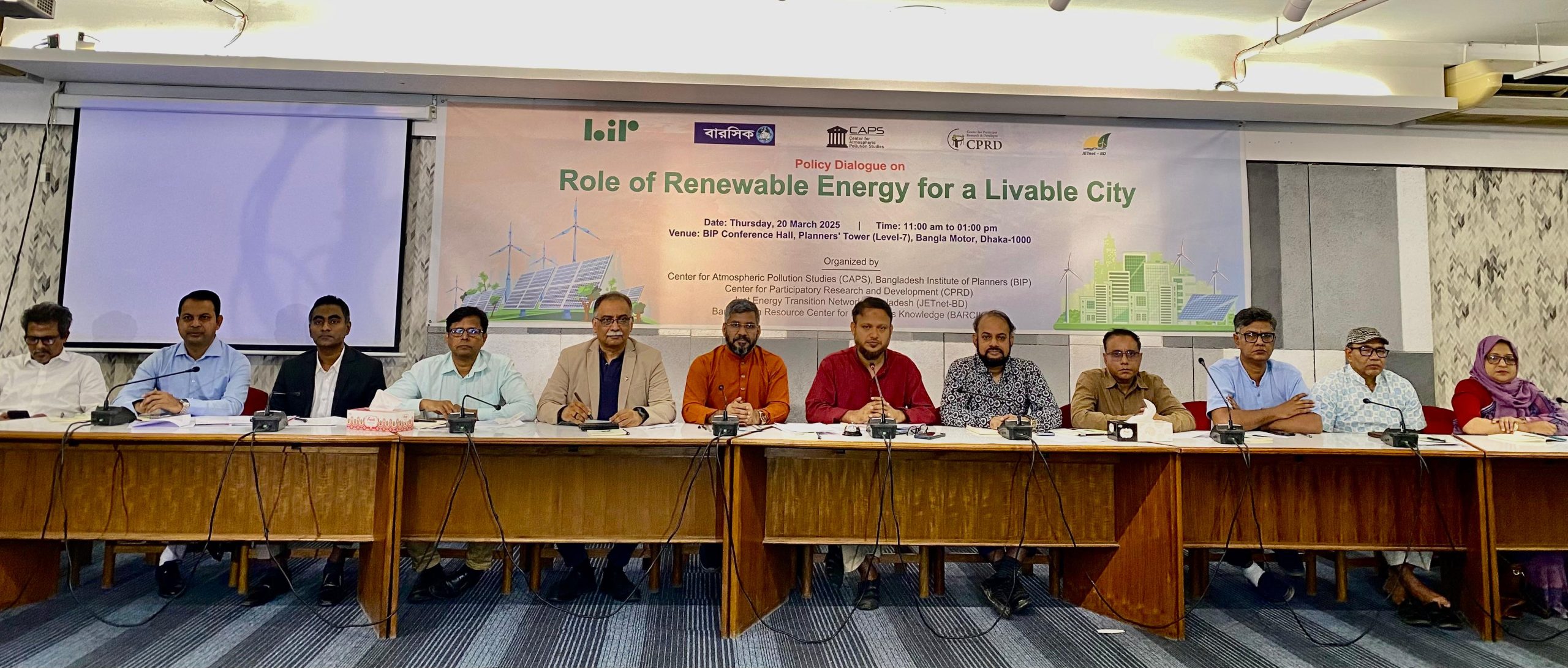
Excessive environmental pollution, driven by fossil fuels is the primary obstacle to building livable cities, experts emphasised at a policy dialogue held on Thursday in the capital. They called for a significant reduction in fossil fuel use and a rapid transition to clean energy, stressing the need to revise the Integrated Energy and Power Master Plan (IEPMP) to achieve sustainable urban development.
The event, titled “The Role of Renewable Energy for a Livable City,” was organised by the Center for Atmospheric Pollution Studies (CAPS), Bangladesh Institute of Planners (BIP), Bangladesh Resource Center for Indigenous Knowledge (BARCIK), Center for Participatory Research and Development (CPRD), and Jet Net BD. The dialogue brought together policymakers, environmentalists, and urban planners to address the growing crisis of pollution in cities like Dhaka.
Professor Ahmed Kamruzzaman Majumder, Chairman of CAPS, presented the keynote paper, highlighting Dhaka’s status as one of the world’s most unlivable cities due to extreme air, soil, and water pollution. He said that Bangladesh’s rapid industrialisation and urbanization have led to a heavy dependence on fossil fuels, exacerbating the country’s air quality crisis.
“Air pollution causes the deaths of more than 100,000 people annually in Bangladesh, including over 5,000 children”. He identified oil, gas, and coal as the primary contributors to the pollution crisis and urged an immediate shift to renewable energy to protect future generations.
Professor Mohammad Ali Naqi, Head of the Department of Architecture at State University Bangladesh, emphasised that reducing fossil fuel consumption is not just a policy issue but a cultural one. “Every citizen must adopt sustainable practices as second nature,” he said.
Md Ziaul Haque, Director of the Department of Environment, said air pollution as a severe public health and environmental challenge. He called for coordinated efforts across all ministries and strict enforcement of policies to curb pollution. “Despite our efforts, it has been challenging to unite different sectors to take collective action,” he admitted, urging immediate legal measures to address the crisis.
Professor Adil Muhammad Khan, President of BIP, criticized previous governments for prioritising fossil fuel-based power plants over environmental conservation. “The destruction of forests, rivers, and wetlands to build oil, gas, and coal-based power plants has caused irreparable damage to Dhaka,” he said. He urged the new government to fully embrace renewable energy opportunities to save the city from further degradation.
Key Recommendations for a Livable City
During the dialogue, experts proposed nine key recommendations to build sustainable and livable cities:
1. Gradually phase out fossil fuel use in power generation, transportation, industries, and households.
2. Increase the renewable energy sources like solar, wind, hydropower, and biogas.
3. Revise existing energy policies, including the IEPMP, to prioritize clean energy.
4. Boost investments in renewable energy projects.
5. Set global standard emission limits for power plants and industries and ensure strict enforcement.
6. Encourage private sector participation and utilize international funding for renewable energy expansion.
7. Promote the use of electric and hybrid vehicles.
8. Design buildings to be compatible with renewable energy generation and use.
9. Increase the use of eco-friendly block bricks as an alternative to pollution-causing burnt bricks.
Speakers at the event, including Gaus Piari of Work for a Better Bangladesh Trust (WBBT), Supreme Court lawyer Rasheduzzaman Majumder, and Md. Abul Kalam Azad from ActionAid Bangladesh delivered speeches.



